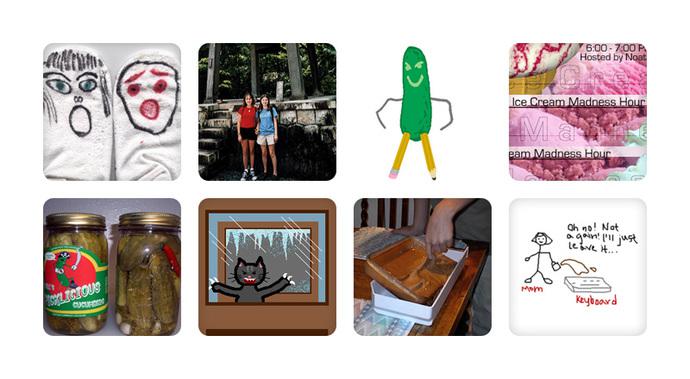Great insight, @KathyG. It's wonderful hearing about your experiences with Facebook and Google+. I'm new to MOOCs and you talk about many issues I've wondered about.
I was just thinking about this the other day. I like that LCL feels more like an ongoing community, too. From my own experience, I'm learning that it's difficult to work MOOCs into life while employed or enrolled in traditional school. I've had problems justifying the time not only to myself but to my support network as well. I intended to do much more in LCL than I have. But we always intend to do more. 
Your experiences with Facebook are similar to mine. It definitely represents a particular space that caters to existing networks rather than growing or new networks. I've seen Facebook groups work well for reunions and gatherings of people who share a past. Most of these groups are invisible by nature, having passed a point in their evolution where they welcome and encourage outsiders.
Love what you say about trollers. You are right that trolls and griefers attract lurkers and generate activity. It's just not the kind of activity we as coordinators always want. How interesting that you chose the word "jamming" to describe what they do. I see the kind of work I do as a form of jamming, too, albeit a positive one (or so I like to think). I choose sponsors who I think will be good sports. I suppose I'm something of a troll myself from the perspective of coordinators who desire strict on-topic discussion.  It sounds bad when we talk about jamming discussion in a learning community, but perhaps not as bad when we talk about jamming discussion in a brand community.
It sounds bad when we talk about jamming discussion in a learning community, but perhaps not as bad when we talk about jamming discussion in a brand community.
To offer a different perspective (or perhaps grounds for a distinction), here's what I can say about non-derogatory off-topic posts in my communities:
My favorite mentors were great jammers. They pulled people into the community core, maintained momentum, and made our community experience more meaningful through off-topic discussion. For us it was a healthy freedom. It's how we got to know one another and discovered unexpected connections, interests, and lifestyles. It's also how we built culture and learned new things.
OT is of course problematic from a moderation, structural, and productivity standpoint. The powers that be will probably even argue it's unsafe. Communities that tolerate OT are messy and sometimes difficult for outsiders to understand ("Aren't we supposed to talk about X here?"). Fostering spaces that strike the right balance is a challenge, especially as communities expand and reach a certain size. I would argue that communities that value friendship-building (or the third P, "Peers") are better off with at least moderate doses of OT.
Examples of "off-topic" artifacts that I'm pretty sure gave at least one person in my former sponsor's marketing group an unpleasant bathroom experience ("How does this relate to our brand?!"). 10 Hufflepuff points to anyone who figures out what this community's topic actually is.
OK! I'm getting a little -- ahem -- off-topic here, and also probably caught up in details. I share at some length because my community's evolution would have differed enormously without OT freedoms, yet most coordinators I speak with are unhappy with it. I'm curious to hear of other positive experiences, or perhaps instances where people feel it is acceptable.















